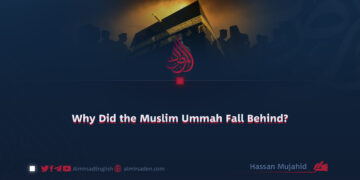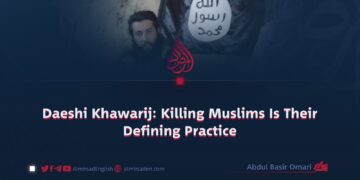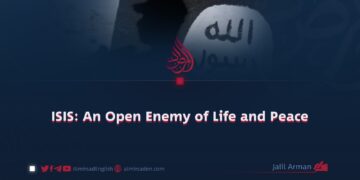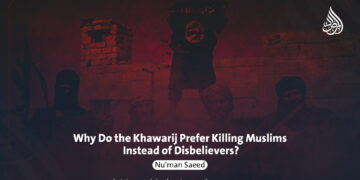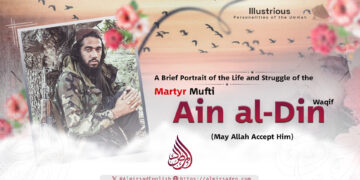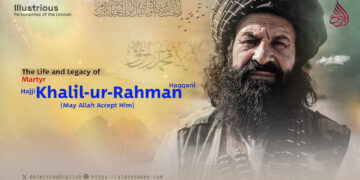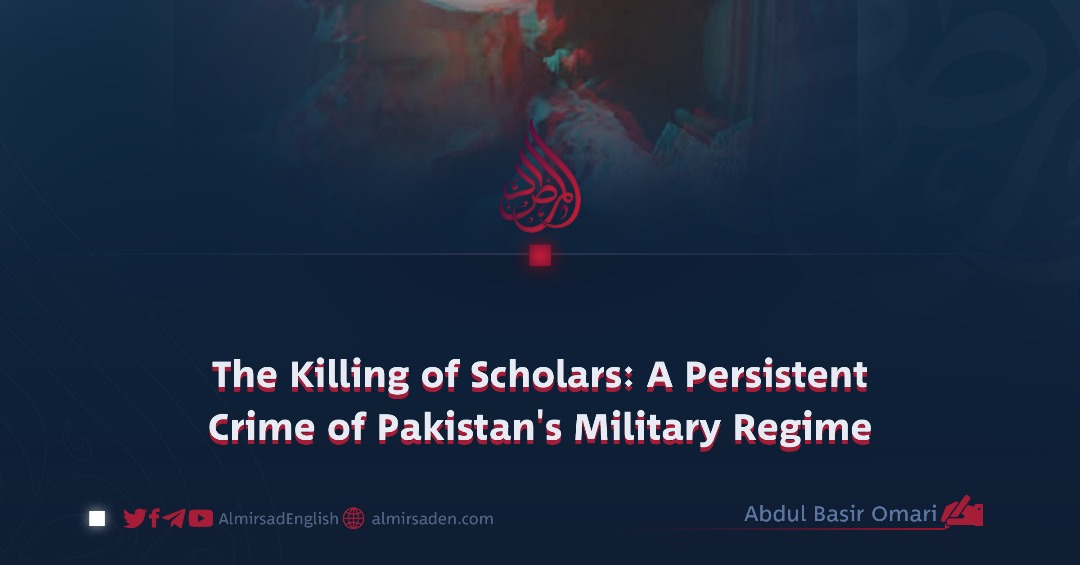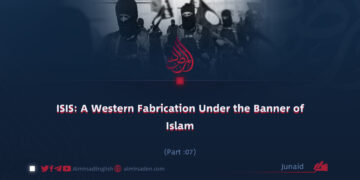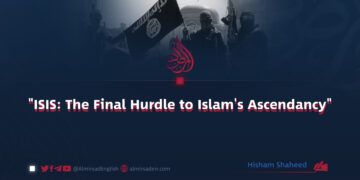Abdul Basir Omari
The scholars of Islam are the pillars of the ummah and the inheritors of the Prophets, peace be upon them. They form the heart of the Muslim community, for without their knowledge and guidance the ummah becomes lifeless and directionless. Through them, the religion of Allah is taught and preserved, the youth are nurtured, righteousness is strengthened, corruption is restrained, systems are guided toward justice, and believers are shown the path to success in this world and the next.
These scholars serve as the spiritual and moral leaders of the ummah and carry the responsibility of the Prophetic mission. We are commanded to honor them, respect their rank, and follow their guidance. To belittle their status, insult them, or violate their sanctity is considered a grave transgression.
Taking the life of any Muslim is among the gravest sins after disbelief and associating partners with Allah. Allah the Almighty says:
“And whoever kills a believer intentionally, his recompense is Hell, wherein he will abide forever. Allah is angry with him, has cursed him, and has prepared for him a great punishment.”
(Surah al-Nisa 4:93)
If such a severe warning applies to the killing of an ordinary Muslim, then the crime of killing scholars, who are the spiritual guides of the ummah, is even more serious.
Imam al-Nawawi, may Allah have mercy on him, counted the killing of a scholar among the gravest of the major sins, stating:
“قتل العالم من أعظم الكبائر لأنه إطفاء لنور الدين.”
‘Killing a scholar is among the greatest of the major sins, because it extinguishes the light of the religion.’
(Sharh Sahih Muslim, vol. 16, p. 45)
Allah SWT also warns of severe torment for those who kill the Prophets and those who command justice: “Indeed those who disbelieve in the signs of Allah, and kill the Prophets without right, and kill those who order justice from among the people, give them tidings of a painful punishment.”
(Surah Aal-Imran 3:21)
Abu Ubaydah ibn al-Jarrah, may Allah be pleased with him, narrated that he asked the Messenger of Allah, peace be upon him, who would face the most severe punishment on the Day of Judgment. The Prophet replied: “The one who kills a Prophet, or the one who kills a person who enjoins good and forbids evil.”
The killing of a scholar is not merely the loss of one individual; it is the severing of the ummah from its Prophetic inheritance and the extinguishing of its spiritual light. In previous nations, when the Children of Israel killed their Prophets and scholars, Allah afflicted them with disgrace, poverty, and hardship.
Allah says: “And they were covered with humiliation and poverty and returned with anger from Allah [upon them]. That was because they [repeatedly] disbelieved in the signs of Allah and killed the prophets without right. That was because they disobeyed and were [habitually] transgressing.”
(Surah al-Baqarah 2:61)
In modern times, the killing of scholars has become a systematic practice of Pakistan’s military regime. The unjust assassination of scholars, their imprisonment, humiliation, and silencing; the destruction of madrasas; and the targeting of centers of religious learning are among the crimes committed by this regime. As a consequence, humiliation and poverty have repeatedly struck it.
Since the establishment of Pakistan in 1947, the military regime has repeatedly entered into confrontation with leading scholars such as Mawlana Shabbir Ahmad Usmani, Mawlana Sayyid Abul A’la Maududi, Mawlana Ataullah Shah Bukhari, Mawlana Syed Sulaiman Nadwi, Mawlana Zafar Ahmad Ansari, Mawlana Abdul Hamid Badayuni, Mawlana Muzaffar Ahmad Usmani, and many others among the scholars of Deoband.
These scholars raised their voices for justice and the implementation of divine guidance. Some were imprisoned, others placed under surveillance, and others sentenced to death. During the 1971 Bangladesh conflict, countless scholars, intellectuals, and writers were killed.
In the decades that followed, many scholars were assassinated under suspicious circumstances by the Pakistani military regime, among them Mufti Nizamuddin Shamzai, Ghazi Abdul Rasheed, Shaykh Hasan Jan, Shaykh Abdul Ghani, and Shaykh Naseeb Khan. The 2007 assault on Lal Masjid and Jamia Hafsa, which resulted in the killing of hundreds of scholars, students, and memorizers of the Qur’an, remains a dark mark in modern history, witnessed by the Muslim world.
Today, the Pakistani military regime faces growing rejection from scholars across the world because of its aggression against Afghanistan and its continuing injustices. These crimes have compelled many scholars to openly oppose and condemn the regime.
In conclusion, the killing of scholars is a severe crime and a grave injustice. This tyrannical and deceitful regime bears full responsibility for these wrongs and will answer for them before Allah and before the ummah.






